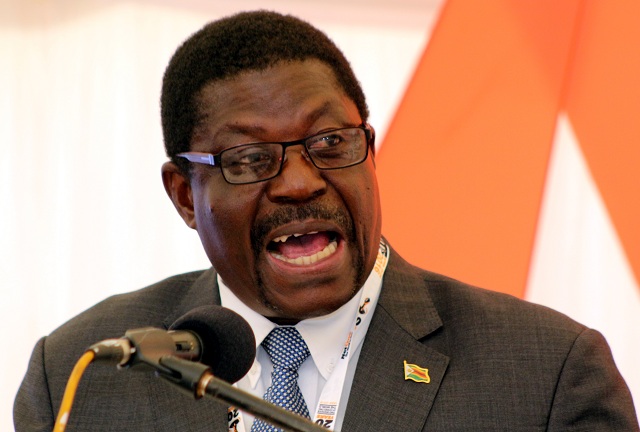ARSO forum begins in Falls

Leonard Ncube in Victoria Falls
THE second African Organisation for Standardisation (ARSO) forum began here yesterday with a call on African governments to come up with strategies to support local industry and increase export production capacity.
Officially opening the event, Industry and Commerce Minister Dr Mike Bimha said the continent’s international trade remains low at 20 percent when compared to 61 percent in European Union countries.
“It’s imperative that we adopt strategies that boost the productive capacity of our industries and build our capacity so as to have manufactured products to export as we continue to negotiate market access bilaterally, regionally and at multilateral level,” he said.
Representatives from about 36 countries are attending the conference, which seeks to promote the ‘‘Made in Africa” concept.
Dr Bimha said the concept was a pillar for African economic integration, industrialisation and transformation agenda.
“This meeting is important to share ideas on how to improve quality of goods and embrace global trade and cultivate Africa’s industrialisation, transformation and integration through increased manufacturing, value addition and innovation.
“We need to rely on regional integration as a way forward to being part of a wider trade network, which will provide trading opportunities,” he said.
The minister also said regional and multilateral integration was held back by a low degree of implementation and lack of information about existing regional agreements, inadequate legal frameworks, weak institutional capacity, underdeveloped markets and limited production of goods and services with export potential.
He said Government was in the process of coming up with a number of strategies to address some of the above challenges.
These include the National Trade Policy (NTP) for 2017-2021, the Consignment Based Conformity Assessment (CBCA), National Quality Infrastructure Policy (NQIP) and the National Quality Infrastructure Policy.
Dr Bimha said the NTP would serve as a guiding document towards future regional industrial and trade arrangements for the country while the CBCA supports local businesses in reducing importation of hazardous and substandard products into the country.
He said the NQIP was an endeavor to improve quality of exports and will include all pillars of quality infrastructure such as standards, conformity assessment, quality assurance, accreditation and metrology.
Dr Bimha said Government was finalising establishment of the National Competitiveness Commission, which would look tackle factors affecting ease of doing business.
ARSO president Dr Eve Gadzikwa said global trade was based mainly on technology intensive manufactured goods.
She said the conference “gives an opportunity to understand the link between trade, quality infrastructure, and export competitiveness”.
ARSO’s principal mandate is to harmonise African standards and conformity assessment procedures in order to reduce technical barriers to trade and therefore promote intra-African and international trade as well as enhance industrialisation.
@ncubeleon








Comments